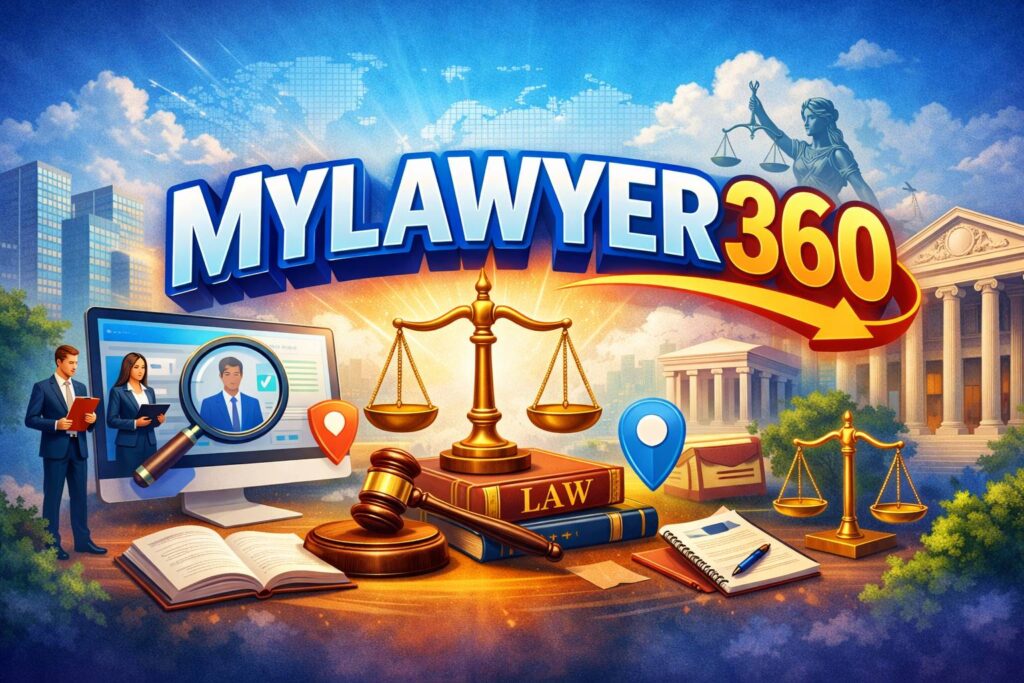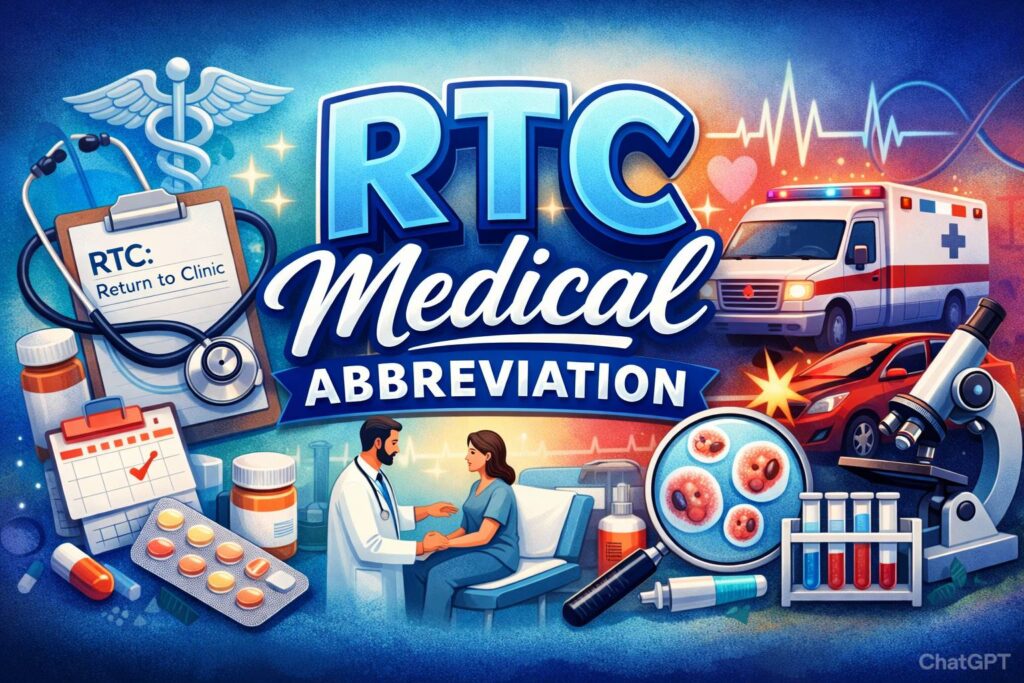Understanding Settlement Procedures in Personal Injury Cases

Introduction to Settlements in Personal Injury Cases
The majority of personal injury claims are settled rather than going to trial. Settlements offer a faster, less stressful, and often more predictable resolution. This article explores the settlement process, its benefits, and key considerations for personal injury victims.
The Settlement Process
- Initial Consultation
- Consult with a personal injury attorney to discuss your case and potential settlement strategies.
- Investigation and Evidence Gathering
- The attorney will gather evidence, including medical records, accident reports, and witness statements, to build a strong case.
- Demand Letter
- Your attorney will send a demand letter to the at-fault party’s insurance company, outlining the facts of the case, injuries, and the compensation sought.
- Negotiations
- Negotiations between your attorney and the insurance company begin, aiming to reach a mutually agreeable settlement.
- Settlement Agreement
- If both parties agree on the terms, a settlement agreement is drafted, detailing the compensation and release of liability.
- Payment
- Once the settlement agreement is signed, the insurance company issues the payment, and the case is resolved.
Benefits of Settling a Personal Injury Case
- Faster Resolution
- Settlements typically resolve faster than trials, providing timely compensation for medical bills and other expenses.
- Reduced Stress
- Settling out of court is generally less stressful than going through a lengthy trial process.
- Predictability
- Settlements provide a more predictable outcome, whereas trial verdicts can be uncertain.
- Cost Savings
- Settling can save on legal fees and court costs associated with a trial.
Key Considerations in Settlement Negotiations
- Extent of Injuries
- The severity and long-term impact of injuries play a significant role in determining settlement amounts.
- Medical Expenses
- Documenting all medical expenses, including future treatment costs, is crucial for a fair settlement.
- Lost Wages
- Calculate lost wages and diminished earning capacity due to the injury.
- Pain and Suffering
- Non-economic damages, such as pain and suffering, emotional distress, and loss of enjoyment of life, should be factored into the settlement.
- Insurance Policy Limits
- The at-fault party’s insurance policy limits may cap the amount of compensation available.
Common Challenges in Settlement Negotiations
- Low Initial Offers
- Insurance companies often make low initial offers, requiring negotiation to reach a fair settlement.
- Disputes Over Liability
- Disagreements about who is at fault can complicate settlement negotiations.
- Calculating Future Damages
- Accurately calculating future medical expenses and lost earning capacity can be challenging.
- Legal Complexity
- Complex legal issues, such as comparative negligence or multiple liable parties, can complicate settlements.
Role of the Personal Injury Attorney
- Case Evaluation
- An attorney evaluates the merits of your case and advises on a fair settlement amount.
- Negotiation Skills
- Attorneys are skilled negotiators who can advocate effectively on your behalf.
- Legal Expertise
- Attorneys understand the legal complexities and can navigate the settlement process efficiently.
- Client Advocacy
- An attorney ensures that your rights are protected and that you receive fair compensation.
When to Consider Going to Trial
- Unfair Settlement Offers
- If the insurance company’s settlement offers are significantly lower than what you deserve, going to trial may be necessary.
- Disputed Liability
- If liability is disputed and cannot be resolved through negotiation, a trial may be required.
- Severe Injuries
- In cases of severe injuries with high damages, a trial may yield a higher compensation than a settlement.
Preparing for Settlement Discussions
- Documenting Your Case
- Collect and organize all relevant documentation, including medical records, bills, and proof of lost wages.
- Understanding Your Needs
- Assess your financial needs, including future medical expenses and ongoing care.
- Realistic Expectations
- Have realistic expectations about the settlement process and potential outcomes.
- Attorney Guidance
- Follow your attorney’s guidance on the settlement process and negotiation strategies.
Conclusion
The settlement process in personal injury cases offers a faster, less stressful, and often more predictable resolution than going to trial. Understanding the benefits, challenges, and key considerations of settlements can help personal injury victims navigate this process effectively. Working with an experienced personal injury attorney is crucial for achieving a fair and satisfactory settlement, ensuring that all aspects of the case are thoroughly addressed.






































































































































































































































































































































































































































































































































































































